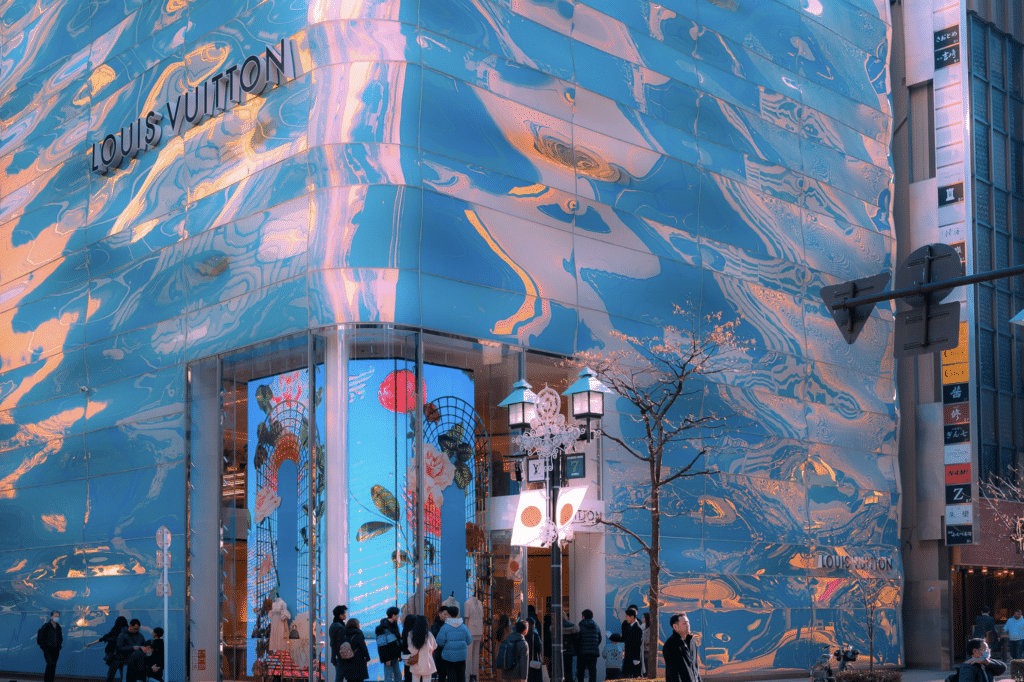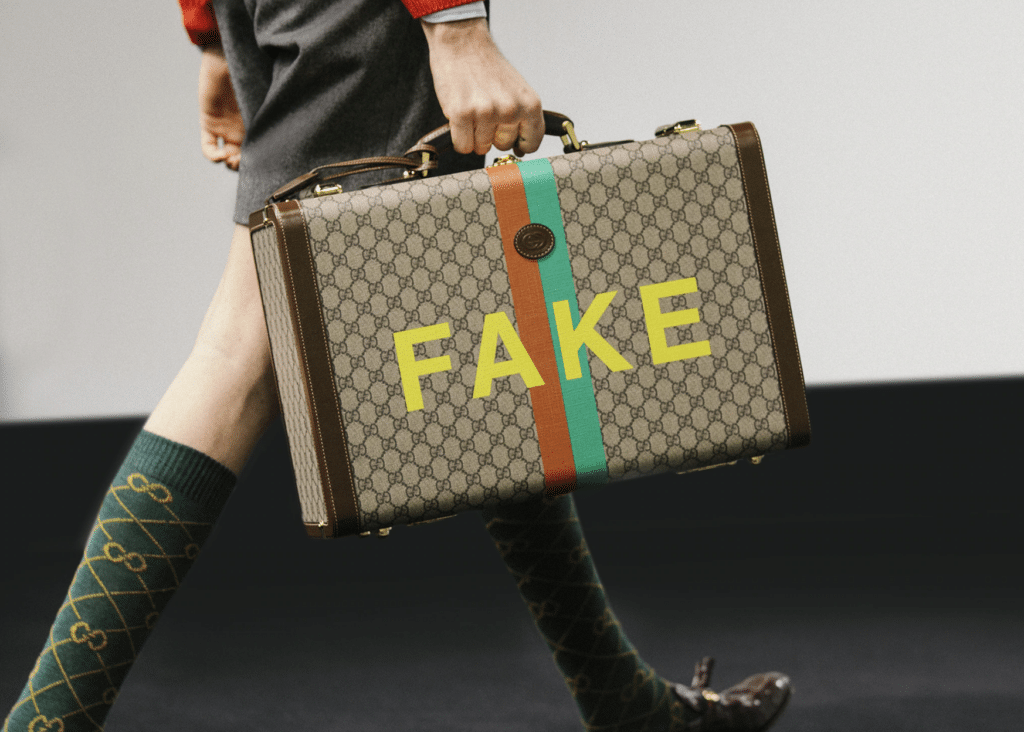For $34.99, you can get a neon green bikini from Fashion Nova, and potentially, cancer, as well. The Southern California-based retailer is coming under fire amongst shocked social media users for selling swimwear constructed from materials that “can expose [consumers] to Di(2-ethylhexyl) phthalate, lead and cadmium,” according to the language on the tag tucked inside its Water Sports Bikini. Those chemicals, the small “warning” tag further states, “are known to the state of California to cause cancer, birth defects, and other reproductive harm.”
These alarmingly-worded little tags are the result of Proposition 65, a long-standing California state law that endeavors to reduce individuals’ exposure to known toxic chemicals, particularly in consumer products.
“Warning” notices like the ones that appears in Fashion Nova’s swimwear are far from novel in California; they started appearing on the sides of buildings and in restaurants across the state, and more recently, on retailers’ websites, thanks to the passage of the Safe Drinking Water and Toxic Enforcement Act of 1986, the law that is better known as Prop 65.
The California state law requires that businesses with 10 or more employees that have “a physical presence of any kind in California, including retail, office, warehouse, facility, factory, plant, etc.,” or even just ties to California-located consumers via e-commerce provide reasonable warning if they use of any chemicals the state classifies as being linked to “cancer, birth defects, or other reproductive harm.” As of last month, there were more than 800 chemicals on the list – from Acetaldehyde to Zileuton.
With an expansive physical presence in California and far more than 10 employees helping to sustain its burgeoning business, Los Angeles-based Fashion Nova is well within the pool of companies subject to Prop 65’s regulations. But just how dangerous are its now-”Out of Stock” neon green swimsuits? According to Sam Delson, the Deputy Director for External and Legislative Affairs for the Office of Environmental Health Hazard Assessment, the state agency tasked with enforcing Prop 65, the presence of a warning tag, alone, should not necessarily be alarming.
“A Proposition 65 warning does indicate some level of risk, but in most cases the risk – and like likelihood of imminent danger – is fairly low,” he says. “If there was some sort of immediate danger present. Instead, the Prop 65 law requirement that potentially problematic products bear warning labels is, per Delson, aimed at “educating people about what they are buying and incentivizing companies to make their products safer.” As such, chemical-containing bikinis come with tags, and thanks to a 2018 state law decision, so, too, does coffee.
Even more controversial than Fashion Nova’s bikini tags is the ruling from Los Angeles Superior Court Judge Elihu Berle, who held in March 2018 that coffee sellers in California need to post cancer warnings in accordance with Prop 65.
“The culprit, according to the Associated Press, is acrylamide, “a chemical produced in the bean roasting process that is a known carcinogen and has been at the heart of an eight-year legal struggle between a tiny nonprofit group and Big Coffee.” In that case, the plaintiffs alleged that 90 defendant coffee-sellers sellers, including Starbucks, failed to warn consumers that the coffee exposed them to a known carcinogen in violation of Prop 65.
While studies from the World Health Organization “indicate that coffee is unlikely to cause breast, prostate or pancreatic cancer, and in fact, appears to lower the risks for liver and uterine cancers,” the judge’s ruling stands, which is why you will likely see – or more likely, have already seen – signs in California coffee shops alerting you of the potentially cancer-causing nature of acrylamide.











